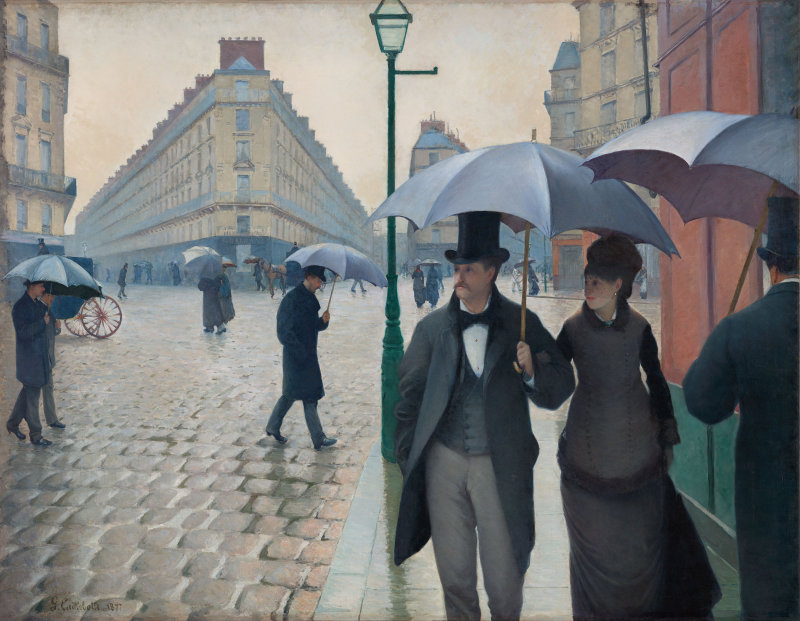Reader William McKeachie recently sent me an interesting article critiquing two recent books written in defense of a liberal arts education. I realized that the same criticism could be made of Matthew Arnold, whose Culture and Anarchy I read recently as part of my book project on “literature that has changed history.”
Joshua Hochschild, dean at Mount St. Mary’s University, is apologetic for criticizing Fareed Zakaria’s In Defense of Liberal Education and Frank Bruni’s Where You Go Is Not Who You’ll Be: An Antidote to the College Admissions Mania. After all, shouldn’t the liberal arts accept any friends it can find? Both Zakaria and Bruni think that a liberal arts education offers practical training for those who want to achieve power in the world.
While Hochschild says we should never forget that the liberal arts help us find a meaningful life, he agrees that the liberal arts also provide us with practical skills. He doesn’t like, however, how Bruni and Zakaria are focused on the pragmatic agenda of America’s elite:
Neither Bruni nor Zakaria are concerned with the role that education can play in finding a meaningful life. They take for granted that their audience is not seeking meaning. Nor are they writing for parents worried about their children getting a job. They’re writing for parents worried about their children getting the right job. Their concern is more than financial stability and less than a noble life: it is, plain and simple, social standing. The audience for these books is not the wider consumers of college education as a whole, but cosmopolitan elites, anxious about success among their peers. Bruni’s book aims to assuage guilt and temper mania about the role of status in education. Zakaria’s book aims to remind the power elite of the undervalued mojo of liberal education.
Like Bruni and Zakaria, Matthew Arnold appears to be mainly interested in the liberal arts, not in power. As with them, however, his real concerns surface soon enough.
He seems to be worried about the decline of “Hellenism,” which is the search for beauty and higher wisdom. These, he fears, are being overshadowed by “Hebraism,” which he associates with the self-discipline and solid work ethic of the Jews and the Puritans. Arnold is not against Hebraism, to which he attributes Britain’s ascendency in the world. He just wants a balance.
If Britain is out of balance, 19th century America is even more so, Arnold says, elevating the Puritan work ethic over everything else. And indeed, Henry James and T. S. Eliot fled America for England looking for more culture.
So how does Arnold’s desire for culture connect with the elevation of power elites?
In Arnold’s view, the gentry class—he calls them “barbarians”—are more Hellenistic but they lack the drive and discipline of the middle class. Meanwhile the middle class, which he calls “philistines,” lack upper class culture. If they could only take on the culture of the upper class, however, then they would have the best of all possible worlds. Even better, with this combination they would be able to keep the working class—“the populace”—in check.
In the end, then, culture is as much about maintaining middle class dominance as it is a search for truth. And now back to Hochschild:
What is missing from both authors is any genuinely inspiring rhetoric for higher education, particularly liberal education. Rather than reorder the soul to point toward higher things, we take for granted that education is to help us get the things we already want.
And:
What disappoints me most is that Bruni and Zakaria are both so sharply attuned to, and uninterested in challenging, the tastes and values of the ruling class. From the evidence of these books, that class is not interested in asking the question of the purpose of education, and—what is more depressing—their tastes and values are shallow. Such tastes do not need to be confirmed and made more effective; they need to be chastised and redirected.
What does Hochschild mean by “chastised and redirected”? He wants us to rethink our very definition of success. And for that, we should truly be Hellenistic, looking to Plato’s search for the good life. Which may mean being content even if you’re not a CEO. Here’s his conclusion:
Bruni and Zakaria are writing for an audience of elites. Ironically, a book that aimed at a wider audience might be more truly “aristocratic” in the Platonic sense. Such a book would assume that there is such a thing as a noble life, and it would suggest that nobility might not perfectly conform to worldly success. The mother who misunderstood the opportunities of a history major is under no illusion that her son will become part of the ruling class. But in addition to hoping he finds a job, she certainly wants him to live well. In that sense, the Platonic aristocratic approach is more truly democratic, acknowledging the potential of any person to live a noble life. Truly helpful books about college and liberal education would speak to the deeply human desire for this kind of life. They would thereby challenge the prevailing idea of success.
As one who teaches at a public liberal arts college (St. Mary’s College of Maryland is sometimes mistaken for Hochschild’s Mount St. Mary’s), I am daily faced with this challenge of redefining success. My students do not come from America’s upper class (for the most part), with many the first in their family to attend college. Most will find jobs in America’s middle tiers. My goal, like Hochschild’s, is to help them develop a foundation for a life filled with soulful reflection and activity, regardless of the income attached.



One Trackback
[…] use today’s essay to sort further sort through my feelings about Matthew Arnold. In last week’s essay about Shelley I talked about two strains, one benign and the other […]